- Expert advice/
- Wedding planning 101/
- Wedding planning questions/
- What to Expect at a Nigerian Wedding
- Wedding planning questions
What to Expect at a Nigerian Wedding
Have you been invited to a Nigerian wedding? Find out what to expect with this comprehensive guide.
Last updated February 5, 2024
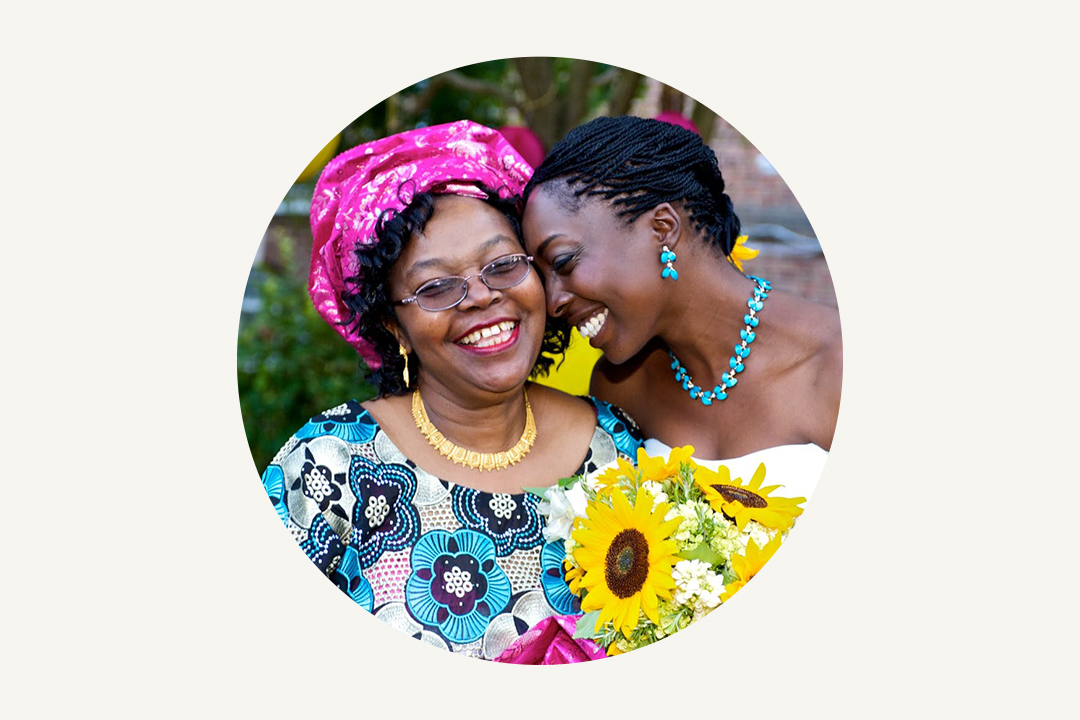
The First Look ✨
- The number of tribes calling Nigeria home ensures no two weddings are exactly alike.
- Be prepared for a big party, lavish arrangements, and a celebration to remember.
- Traditional aspects of a Nigerian wedding include the money spray and kola nut ceremony.
Nigerian weddings are lavish affairs, with elaborate attire, food, entertainment, and specific Nigerian wedding traditions. With hundreds of tribes calling Nigeria home, every wedding is a unique celebration of religion, culture, language, and more. The proceedings will look a tad bit different depending on whether it’s a Christian or Muslim wedding (the two religions make up the bulk of the population), but here’s what you might expect:
There May Be More Than One Invitation
It’s acceptable for two weddings to be hosted—a traditional Nigerian wedding in all its splendor and a religious ceremony that’s more aligned with western tradition, typically held at a church or nondenominational venue. Expect to be invited to one or both, depending on how well you know the couple. The weddings are sometimes held days or weeks apart and in different locations.
Everyone’s Invited
A Nigerian wedding isn’t just a family affair, it’s a community affair. Expect to meet extended family members, relatives of relatives, friends of friends, and then some at a traditional Nigerian wedding. Everyone will be there. It’s a joyous occasion, and the good vibes are shared with one and all. The concept of the guest list and RSVPs simply doesn’t hold its ground here. The proud parents are happy to invite everyone they know to share in their children’s special day.
The Outfits Are Extravagant
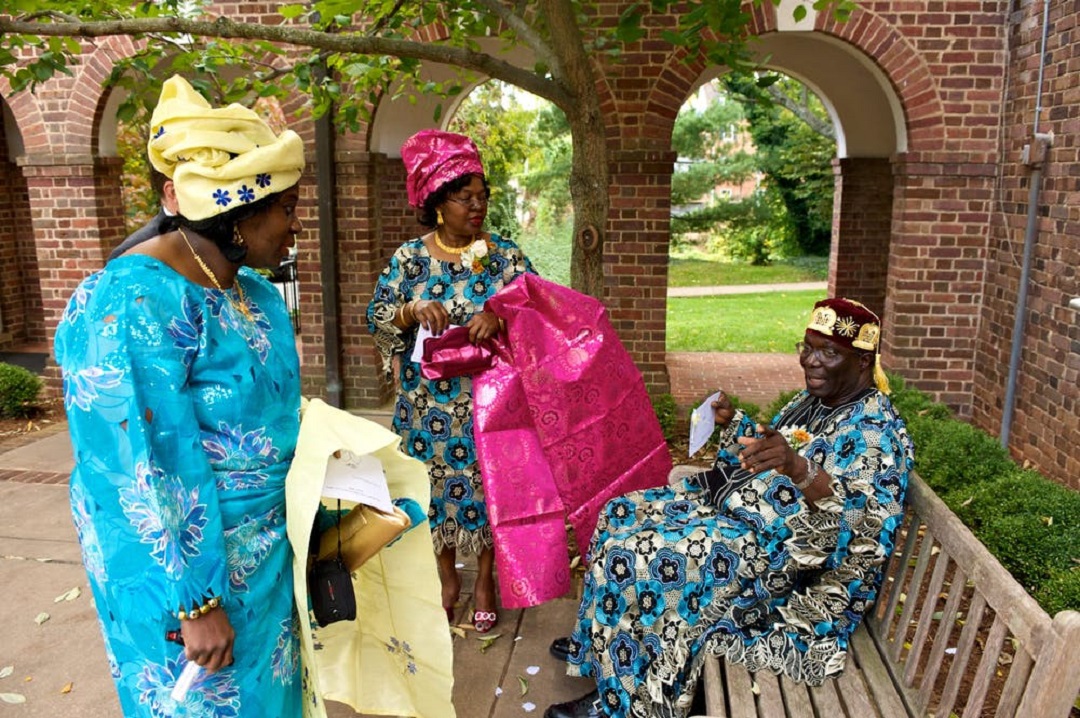
You will see the new couple wearing stunning outfits representing their heritage. The entire wedding party might coordinate their outfits as well, which makes it easy to identify which side of the wedding party or side of the family some of the guests represent. You are welcome to wear anything occasion-appropriate, and if you choose to dress in traditional wear like the rest of the friends and family present, you will be embraced for your choice to participate in the culture.
What is an Aso-Ebi?
The aso-ebi (also spelled as asoebi and ashoebi) is a traditional uniform dress that is worn throughout Nigeria and other African cultures as a display of solidarity and cooperation during important ceremonies and festivities. In this case, it'd traditional wedding attire. The name comes from two Yoruba words, with aso meaning "cloth" and ebi denoting "family," meaning the aso-ebi can be described as a family outfit.
The tradition originally developed as a means to identify relatives at Nigerian weddings, funerals, and other celebrations and gatherings. That being said, the custom of wearing one has grown to include friends, colleagues, acquaintances, and other guests. Through this style of uniform dressing, guests also establish their sense of belonging and place in society. Wearing one is a display of your heritage and culture, especially because many are family clothes passed down through generations.
There may be up to five different aso-ebi at an event, identifying different groups within the wedding celebration. For example, the bride's family may wear white and gold, while her bridal party wears blue and gold, and the groom's family wears green and gold. Typically, the bride will select the fabrics for her aso oke (or wedding dress) and aso-ebi and inform selected guests months ahead of the wedding, allowing them to prepare their outfits. Guests will then purchase the material and bring it to a tailor to have their ideal design created.
At the Wedding
The nuptials are short at a Nigerian wedding ceremony—typically about an hour or so. The reception after is where you’ll spend most of your time. Depending on the couple’s traditions, there may be outfit changes, a few additional rituals or smaller ceremonies, and lots of dancing. In a Muslim wedding, expect to be seated separately by gender with minimal intermingling between sexes. The couple does not kiss in public, either.
What are Yoruba weddings?
The Yoruba people are one of the three largest ethnic groups in Nigeria, residing primarily in the coastal regions of the southwest. Traditional Yoruba weddings are spirited celebrations with many guests typically in attendance to support and celebrate loved and local Nigerian couples. The marriage ceremony is usually hosted by two older women given the title of alagas, or officiant-slash-emcees. It's their job to heckle the groom and his friends throughout the ceremony as entertainment, so you can expect some lively and humorous personalities. The alagas are joined by a drummer who brings more energy and excitement to the occasion.
Yoruba weddings begin with a greeting custom called Ìdobálè, during which the groom and his groomsmen prostrate, or lay on the ground with their faces downward. This is done as a show of respect to the bride's family. Once in this position, the bride's parents and family asks the groom a few questions before the groom can stand and be seated. The bride and her bridesmaids will then enter, with the bride placing a hat on the groom's head. He then proceeds to pick her up and carry her, place a ring on her finger, and they are pronounced married. This process is called Igbeyawo, which is Yoruba for "wedding."
Kola Nut Ceremony
The fruit from the kola tree is considered a sign of blessings and prosperity. When given as a gift, the kola nut also indicates respect and gratitude towards one-another. Those who exchange and chew kola together mean to show the world (in this case, their guests) that they love and trust each-other.
The couples exchange nuts with each other and they are broken in front of guests to signal the start of the auspicious occasion of marriage and the unifying of two families. Couples may choose to keep the rest of the nuts in their home as a souvenir of their wedding day and a reminder of their wedding promises.
Money Spray
This is the practice of money being thrown by older guests at the Nigerian bride or the couple as they dance at their wedding reception. At this time, bridesmaids will collect the money strewn on the floor for the Nigerian bride and place it into bags. This money is intended to help the new couple start their life together, similar to the American wedding custom of the money dance, where guests give money to the bride or groom to dance with them. Go with plenty of notes to shower them with your goodwill and share in their happiness. Don't be surprised if you also see people pressing dollars and pounds on the heads of the happy couple, as this is also common.
Food and Drink
Indulge in traditional delicacies, such as jollof rice, meat skewers, and fufu (made from cassava, yams, and plantains). The food at Nigerian weddings—typically catered by the bride’s mother and her friends—is certainly crowd-pleasing. Aside from beer, wine, and other drinks, you may also see palm wine served. At a Muslim wedding, though, alcohol is not served.
Alcohol
Depending on the type of wedding, alcohol can play an important, traditional role, a lively one, or none at all. Whether or not a Nigerian wedding has alcohol or not entirely depends on the religion and traditions of the couple. As mentioned above, Muslim weddings will not have alcohol available. However, other types of receptions, such as those following Christian ceremonies, are likely to serve alcoholic beverages. In that case, you'll typically find red and white wine, the favored palm wine, Guinness (Nigeria is the second largest market for it), champagne, and other spirits.
One Nigerian wedding tradition you might witness actually heavily involves a glass of wine. The ritual ultimately is an attempt to get the newlyweds to drink palm wine out of the same glass. The bride is initially given the cup. Then, throughout the reception, she must go from guest to guest until she finds her husband and is able to offer him a drink. Once completed, the couple needs to figure out a way to drink from the glass together. This ritual can take a small amount of time or the entire wedding reception, as the bride and groom are likely to be constantly pulled away by friends and family members.
Dance and Music
At Christian weddings, deejays typically play tracks from the latest Afrocentric hits or international beats. Some of the dances may almost look choreographed, but are steps to popular hits that you can easily follow as you go. Consider it akin to the cha-cha-slide or cupid shuffle at American weddings. That being said, there will be empty seats aplenty as all ages head to the dance floor. Aside from the food, this is where you’ll spend the most time as a guest.
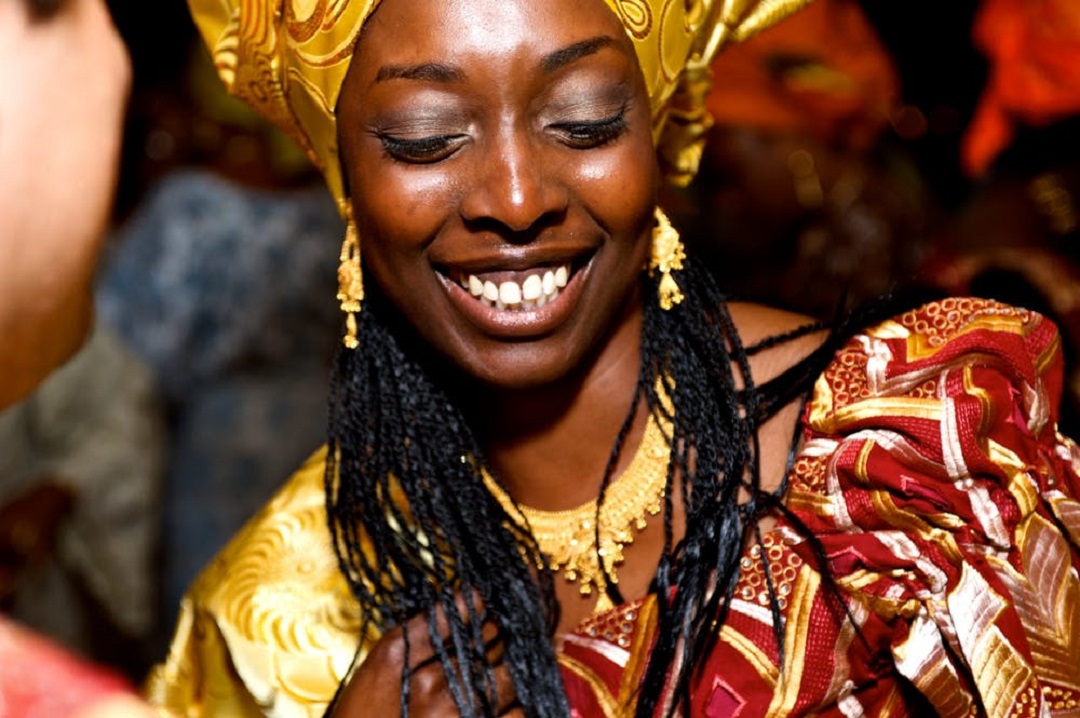
Wedding Favors
It’s a given that you will receive custom party favors when you leave. This can include branded items, monogrammed gifts, household presents, and more featuring the name of the couple and the wedding date. A lot of thought goes into planning these favors as a reminder of the good time shared at the wedding. Don’t be surprised if this is as elaborately designed as the overall wedding and reception itself.
Enjoy your time at the wedding and partake in as many aspects as you can. It’s another avenue to learn more about a different culture and see how love is celebrated among other nationalities.
Up next for you
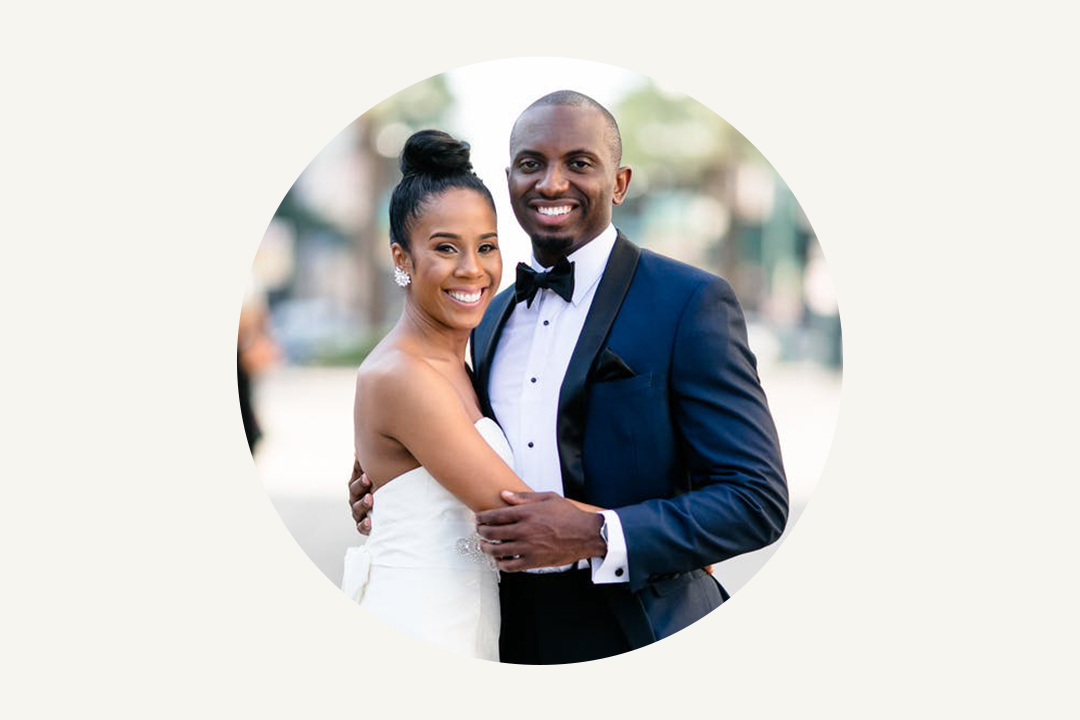
Where to Find the Best Black Wedding Inspiration
Inspiration
Get inspiration for your Black wedding celebration with our tips for where to look for the most gorgeous inspiration online and beyond.
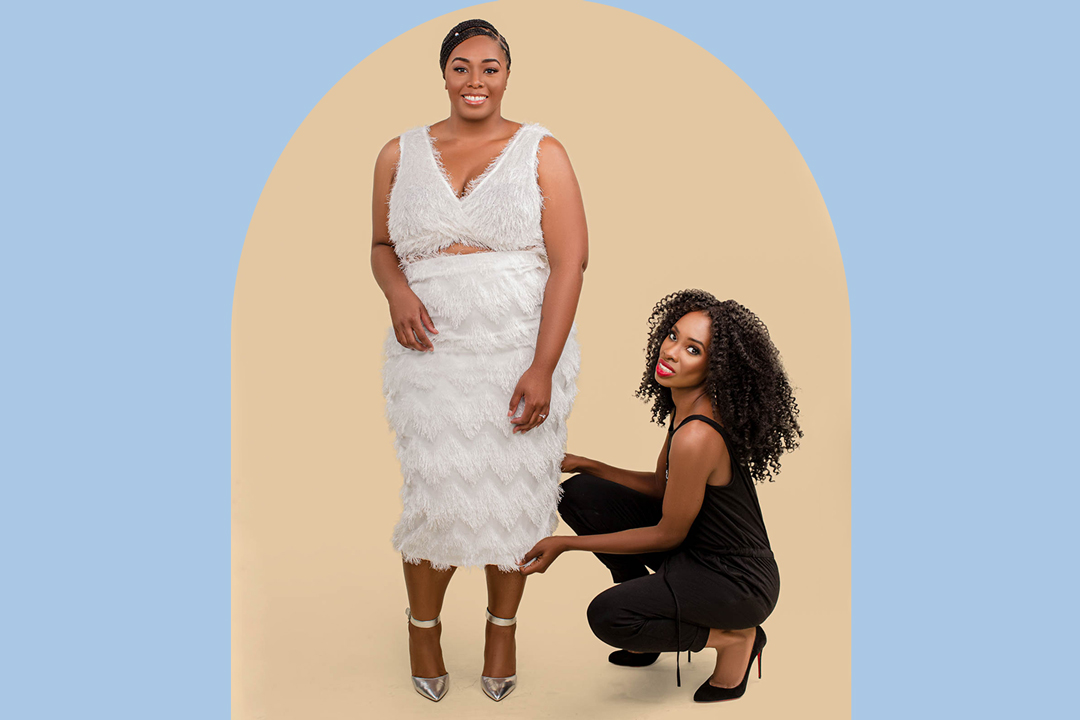
20 Black Wedding Dress Designers to Know
List
Looking to purchase your gown from a Black wedding designer? Check out some of our favorite designers with our latest article.
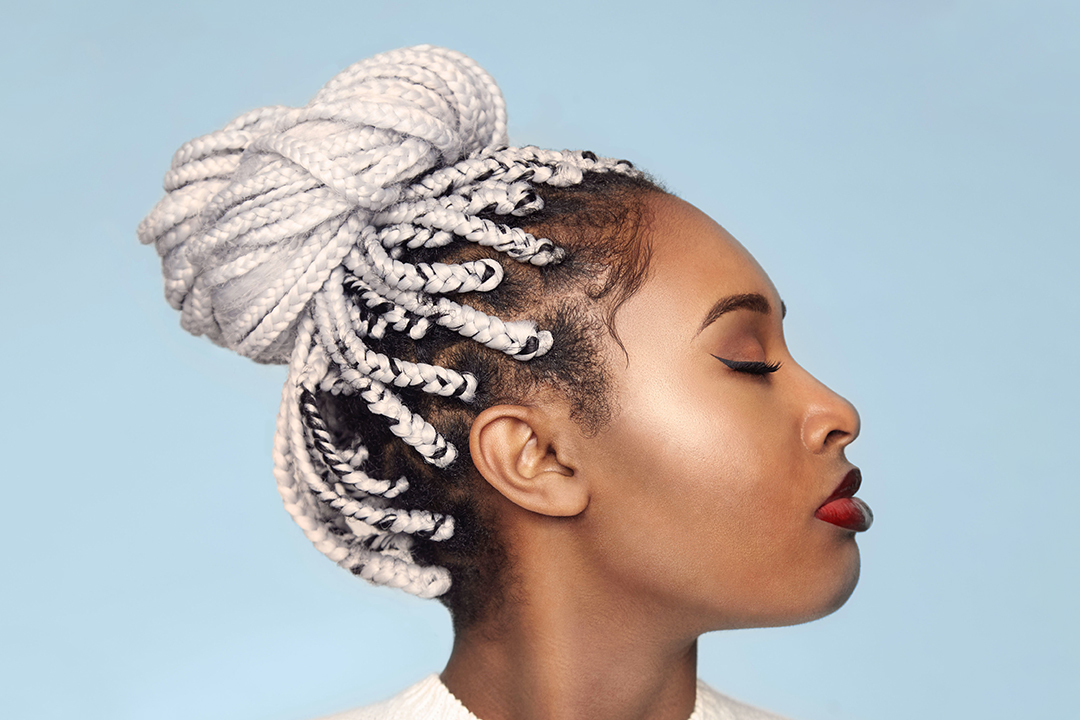
29 Elegant and Easy Wedding Guest Hairstyle Ideas
List
Being invited to a wedding is an honor. So, you'll want to look good, including your hairstyle. Read on for wedding guest hairstyle ideas.
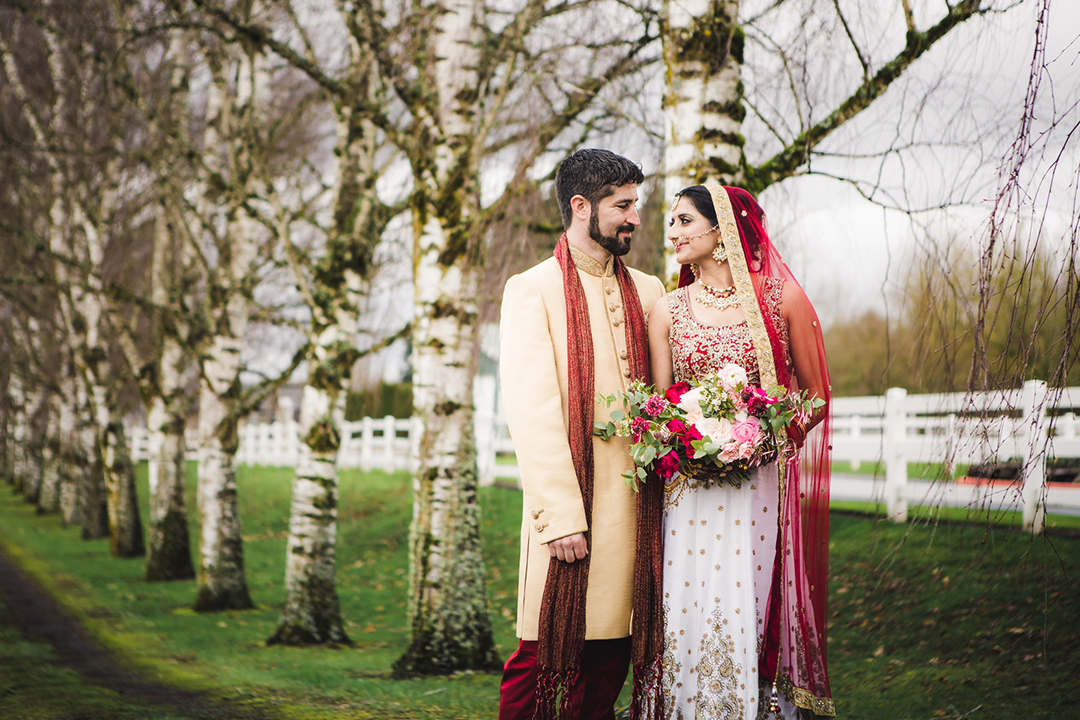
What to Wear to an Indian Wedding
How-To
An invitation to an Indian wedding is an invitation to dress to the nines. Here are a few ideas for how to dress for an Indian wedding.
Featured

Muslim Wedding Checklist
How To
Looking to plan a Muslim wedding? Here’s everything you need in this Muslim wedding checklist.

Traditional Wedding Decor Ideas
Inspiration
Weddings are built on traditions, old ones, and new ones. For a little bit of something old, check out these traditional wedding decor ideas from Zola!
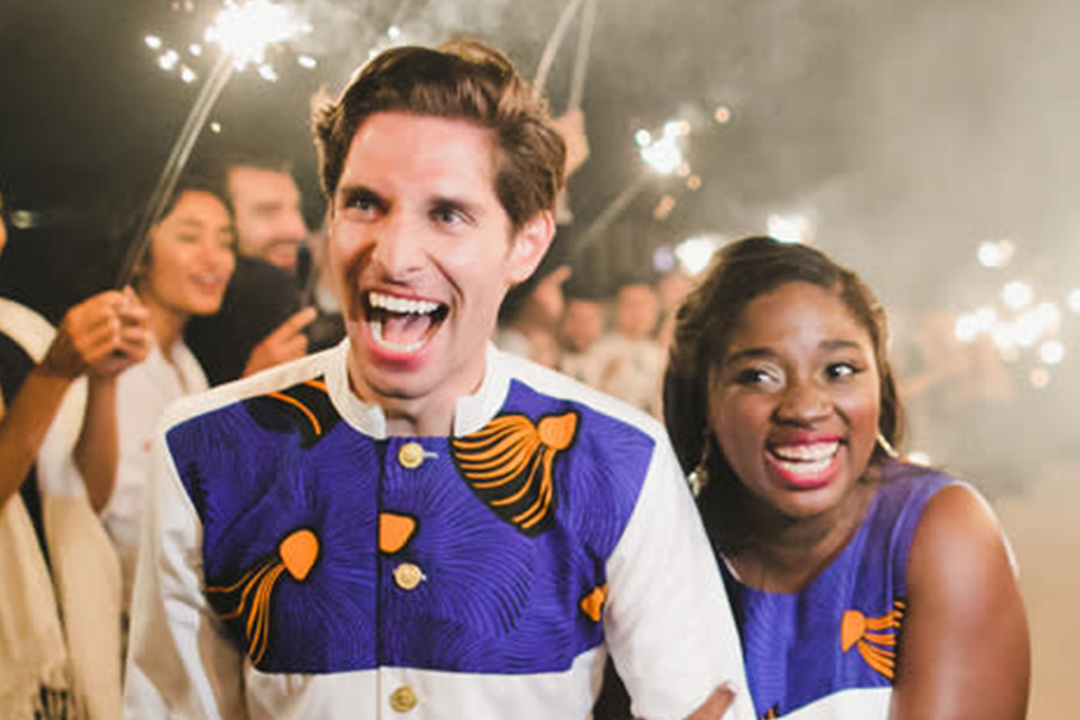
7 Tips for Merging Cultures in a Multicultural Wedding
List
It's not easy to merge cultures, traditions, and families for a multicultural wedding. Here are expert tips on blending two or more cultures for your wedding day.

How to Write a Wedding Toast: The Ultimate Guide
How-To
Wedding toasts are tricky. We’ve got some helpful tips to guide you towards a great wedding toast that you and your favorite couple will remember fondly for years, so grab your notepads and get ready for some key(note) advice.
- Expert advice/
- Wedding planning 101/
- Wedding planning questions/
- What to Expect at a Nigerian Wedding
Find even more wedding ideas, inspo, tips, and tricks
We’ve got wedding planning advice on everything from save the dates to wedding cakes.
